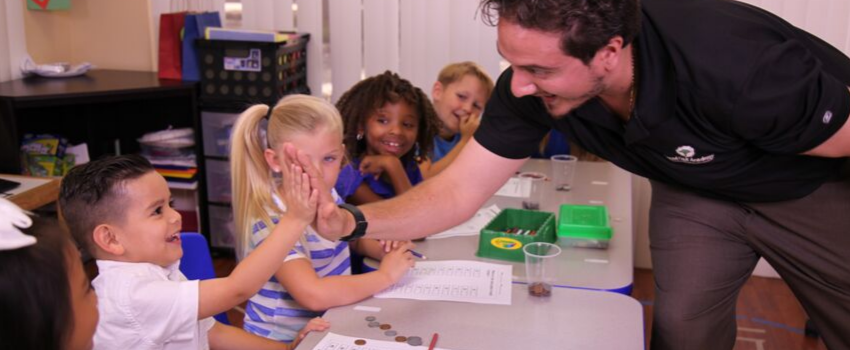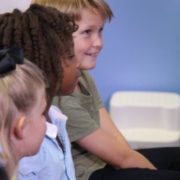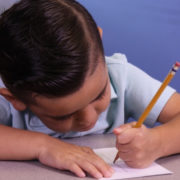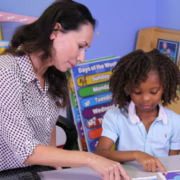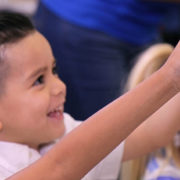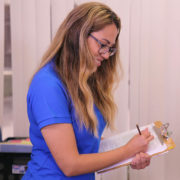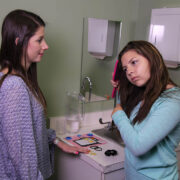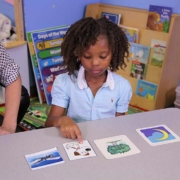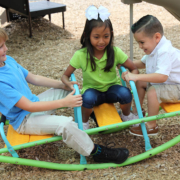The Importance of Peer-Based, Social Skills Groups for Autism
Social Skills – This one item should be on the to-do list of any parent who has a child with Autism
Having a child with autism can add a lot to a parent’s list. We know all parents want to do the best they can for their kiddos, and the list of things is seemingly endless. We are also sensitive to the fact that the ‘list’ for families with kiddos on the Autism spectrum, or special abilities/needs, can be twice as endless. From doctor’s appointments, speech, occupational therapy, and nutrition to just typical needs like a haircut.
Among the myriad of things to worry about and events to attend, we are sure that thinking about social activities and playtime are not on the top of the list. Don’t worry if they are not, it’s ok… but social time needs to be worked into the list.
Social skills are an area that is crucial for child development and is generally a deficit of individuals on the Autism spectrum. Although we’d like to note that evidence shows all groups of kiddos benefit from social skills clubs.
One of the key factors of social groups is for peers to practice together… not with adults!
One of the common misconceptions some individuals have is that parents or adults can serve as an appropriate teacher for most social interactions. This is true to an extent for things like learning cultural norms, family values, and basic communication. But the skills generally cannot or will not generalize to lifelong social interactions from making new friends to being appropriate in the workplace.
This is why social skills groups can be so helpful. They allow individuals to interact in a safe, structured environment. Students can break down phobias and fears while practicing functionally generalizable skills. These components are crucial for a social skills curriculum.
Here is a list of key factors to look for when searching for the right Autism Social Skills group.
- Is it peer-based (interactions with peers mostly)
- Is it 1v1 in a small group setting or a small teacher-led setting (pure 1 on 1 is not ideal)
- Socially validated and evidence-based curriculum and learning process (Behavior TLC therapists use PEERS®, Socially Savvy and numerous research articles and seminars to back our work)
- Role modeling/role play (the students have to get up and practice the skill… OFTEN… and in multiple ways)
- Lesson or instructional time (all play can be ineffective at times)
- Plenty of play and game-based activities (the group should be fun and motivating to be in, ideally the student desires to be there)
- Homework (help motivate the students and get parents to join in on the process of homework. Extending it to the home by facilitating the continuation of the lesson and helping create more social activities and practice)
- Peers ages and functioning level (need a good variety of peers if possible, this helps serve as exemplary models for certain skills)
These are just a few very important factors to look for in an Autism Social Skills group and are a key component of our program, Club TLC. But most of all, your son’s or daughters’ opinion and overall “fit” in the group is the most important factor. Desire creates motivation… and motivation creates success!

TYLER LIBERATORE BcBA, LBA
Title: Director of Social Skills
Hi, I am Tyler Liberatore a BCBA and Director of Social Skills here at Behavior TLC. I would every so often like to have a “Social Hour” right here on the Behavior TLC blog to talk about social skills and their importance in your son or daughter’s life!

